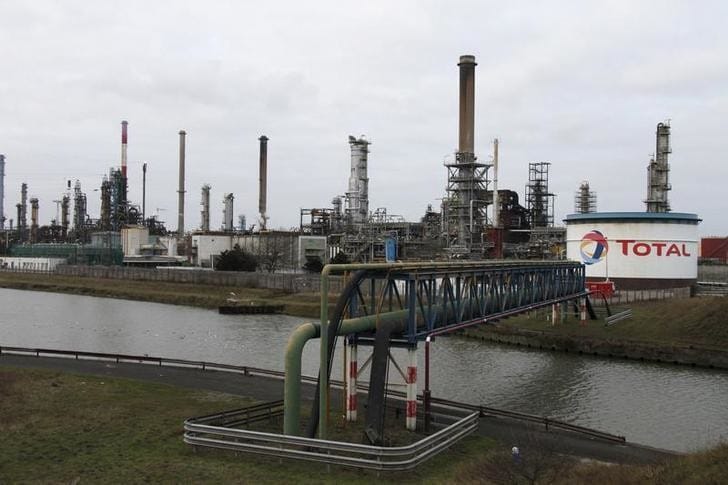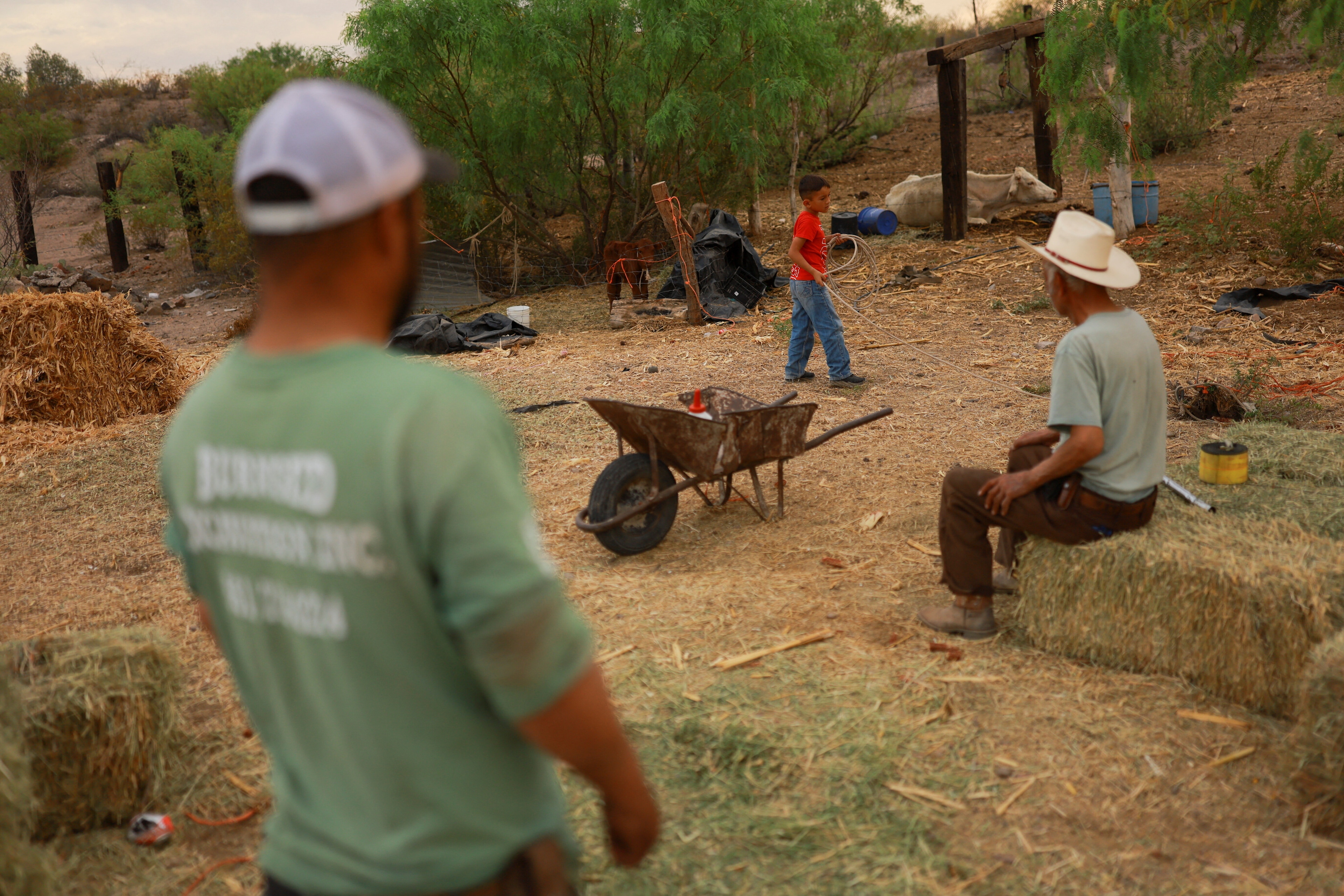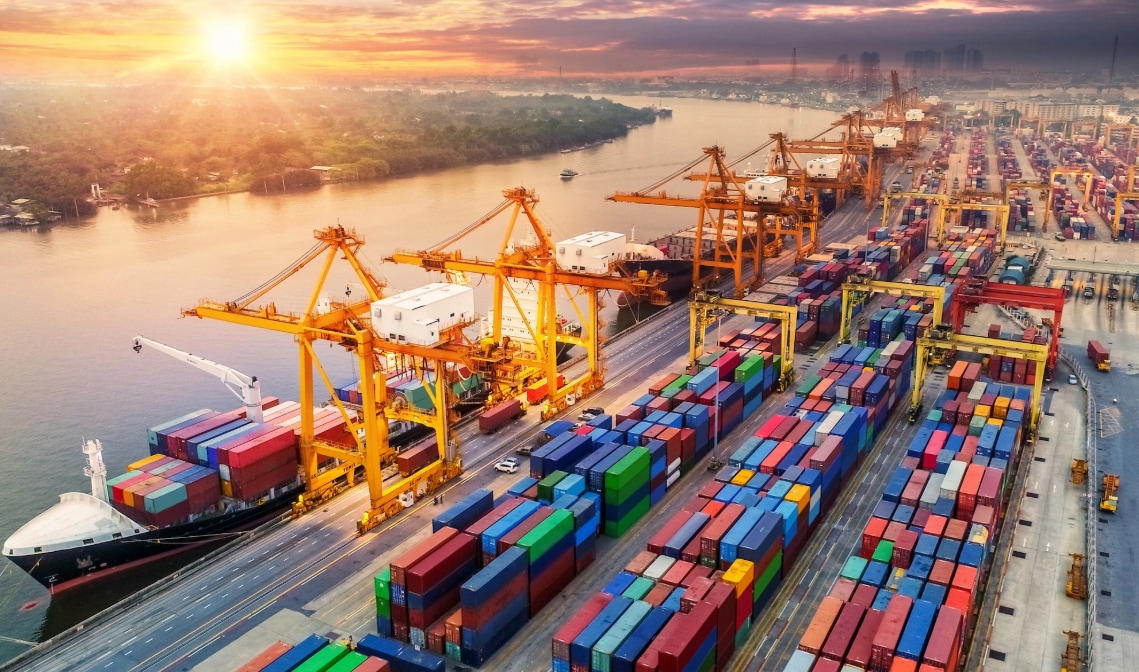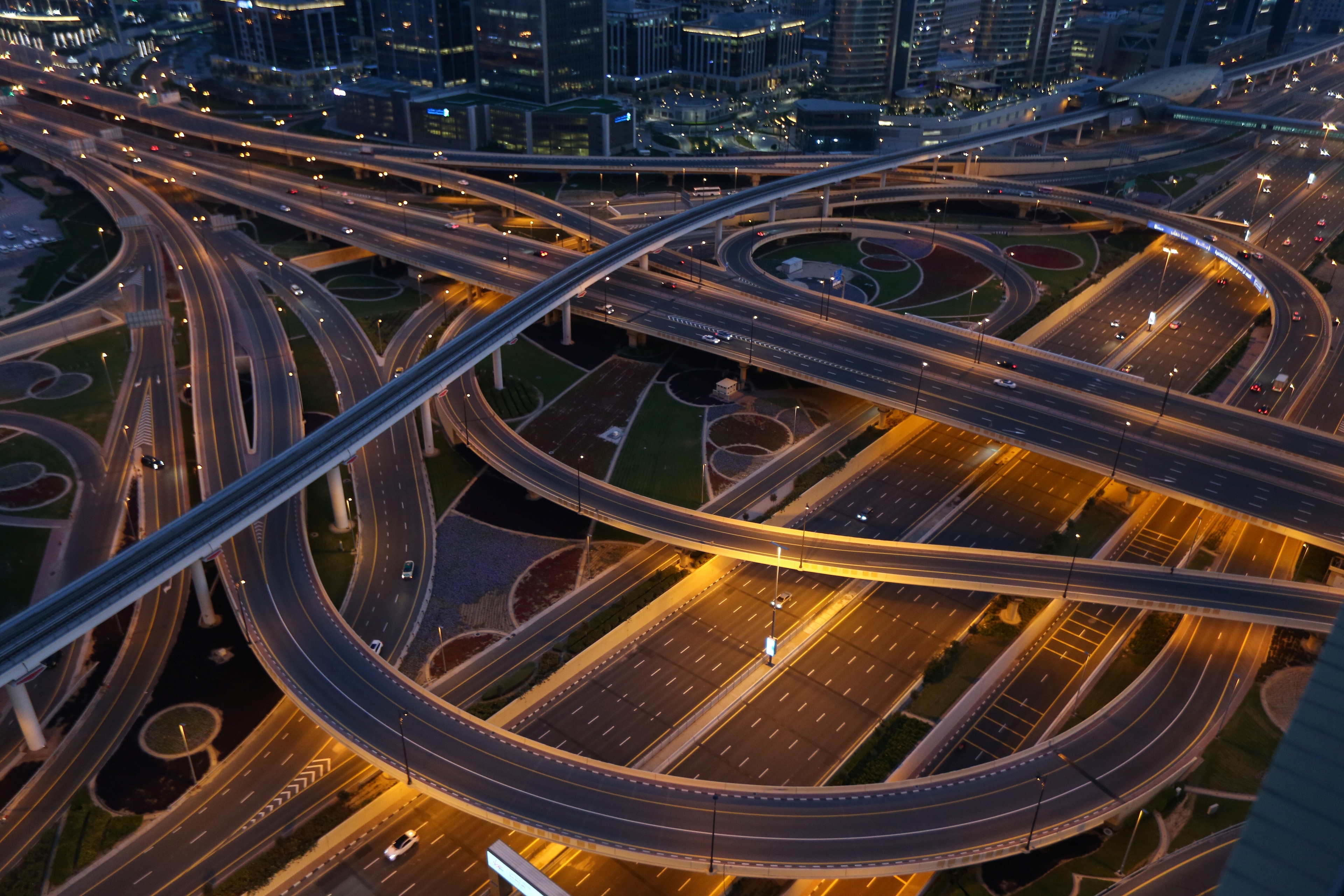France is now leading the way in the battle against climate change

President Emmanuel Macron is turning the country into a beacon of environmentalism
Image: REUTERS/Jacky Naegelen
Stay up to date:
France
It is not among the world’s biggest producers of oil and gas, nor the biggest consumers, but France is hoping to become an environmental pioneer with its decision not to issue any more oil and gas exploration licences.
The government, under newly elected President Emmanuel Macron, has vowed to take the step as part of a transition towards more environment-friendly energy sources.
Nicolas Hulot, an activist and "environmental transition" minister under the new government, says that the country is set to introduce new legislation in the autumn that will prevent further licences being granted for oil and gas exploitation in France and its overseas territories.
France leans heavily on nuclear for its energy sources, and neither it nor its overseas territories are major oil and gas producers. Total, its largest oil and gas company - in fact its largest company altogether - doesn’t operate any fields in its home territory.
The amount of oil France produces pales into insignificance next to the likes of the US, Saudi Arabia and Russia. That said, it does have a sizable industry based around downstream refining and petrochemicals.

However, with President Donald Trump’s recent decision to walk away from the Paris climate accord, the message that France will limit future exploration is powerfully symbolic.
Macron and Hulot also recently met former California governor and high-profile climate-change campaigner Arnold Schwarzenegger, pledging to “make the planet great again” through green initiatives.
Macron’s environmental hit list is long. In the process of campaigning for the presidency he pledged a moratorium on shale gas, alongside wide-ranging measures to encourage the use of zero-emissions vehicles and boost renewables.
Hulot, who has become something of a celebrity following a number of nature documentaries and having run as a green party candidate in the 2012 elections, prompted a few raised eyebrows when he took up a government position, given his openly anti-nuclear stance.

France gets about three-quarters of its electricity from nuclear sources, mostly domestically generated, and is largely self-sufficient in energy terms. In fact, it is a net exporter of energy.
The nuclear sector is largely state-owned via energy company EDF, and the passing of a law last year to bring the proportion of power from nuclear down to 50% is arguably a more radical move than the proposed ban on new oil and gas licences.
Accept our marketing cookies to access this content.
These cookies are currently disabled in your browser.
Don't miss any update on this topic
Create a free account and access your personalized content collection with our latest publications and analyses.
License and Republishing
World Economic Forum articles may be republished in accordance with the Creative Commons Attribution-NonCommercial-NoDerivatives 4.0 International Public License, and in accordance with our Terms of Use.
The views expressed in this article are those of the author alone and not the World Economic Forum.
Related topics:
Forum Stories newsletter
Bringing you weekly curated insights and analysis on the global issues that matter.
More on Climate ActionSee all
Jose Ignacio Galindo and Nicolas Wertheimer
July 24, 2025
David Elliott
July 22, 2025
Stephanie Dunn and Firuze Alpaydin
July 22, 2025
Muhammad Hassan Dajana and James Balzer
July 22, 2025




